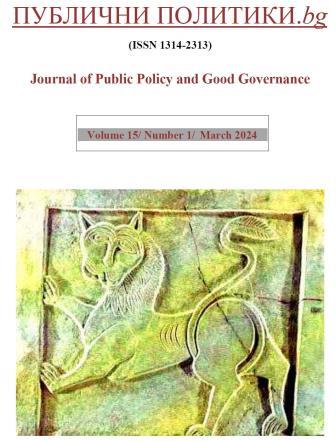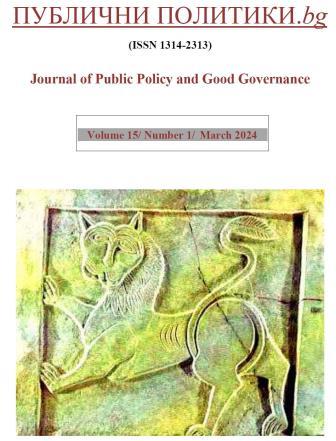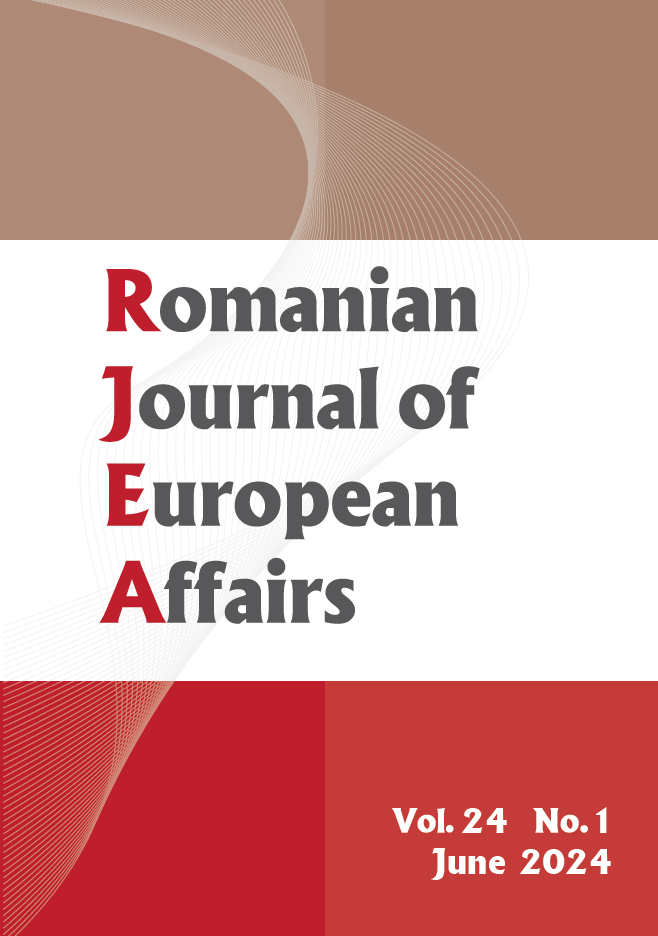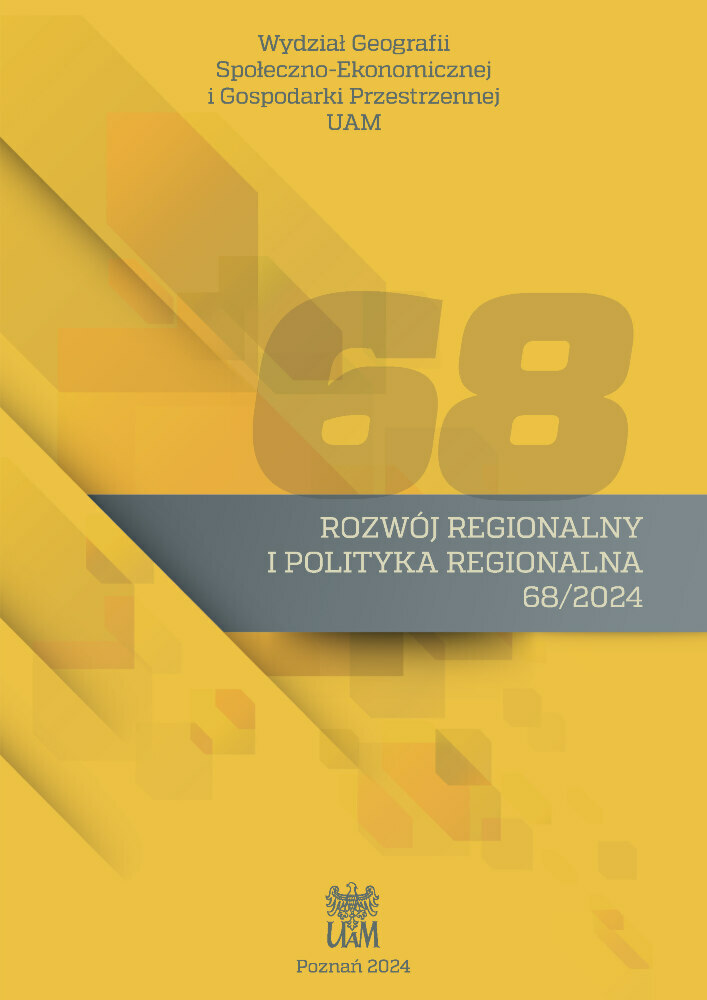
Specifications of Participatory Budgeting in Visegrad Group States and Possible Implementations for Slovakia
Participatory budget is an innovative tool for public policymaking, which is characterized by the particpation of residents of territorial administrative units. In the paper, authors focus on the evaluation of the participatory budget within the Visegrad Group, which is linked by specific ties due to the special development of this geopolitical area after the political and social changes in the late 1980s. Identifying the specifics of participatory budgeting in Poland, the Czech Republic, Hungary, and Slovakia is set as the main goal of the article, specifically evaluating the pilot project model, analysing the legislative framework, which regulates participatory budgeting, and extending this tool at the local level in terms of current statistics. As for the pilot projects, the authors identified differences in the following indicators: initiator of its implementation; participation of citizens and their position and powers in project design; participation in the decision-making on projects in terms of voting; whether a direct physical vote or online form was used. In addition, the authors evaluate the legal framework of the selected states in terms of presence of the primary or secondary regulation. Finally, the quantitative development of participatory budgets is monitored, while the potential impact of the COVID-19 pandemic is also reflected in the paper. Based on the data from other states of the Visegrad Group, in the final chapter the authors present optimization proposals, which they consider applicable in Slovakia. The authors identified at least three possible ways of amending the current Slovak legislation in order to improve the implementation of the participatory budget. The paper specifies the shortcomings in the form of low citizen participation in the drafting phase and in the voting process. The paper also identifies the same bottom-up implementation process in all V4 member countries. Poland is the only V4 country that has enshrined primary legislation on participatory budgets in its legal system.
More...













